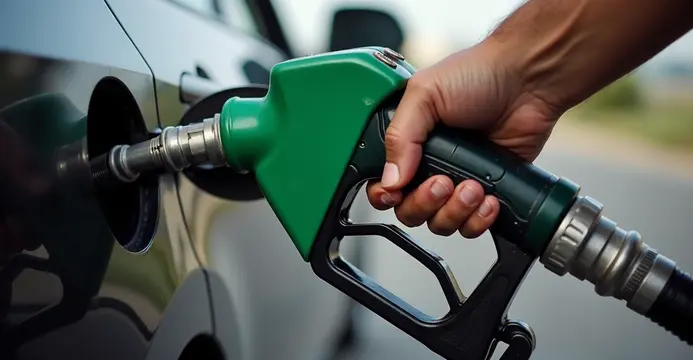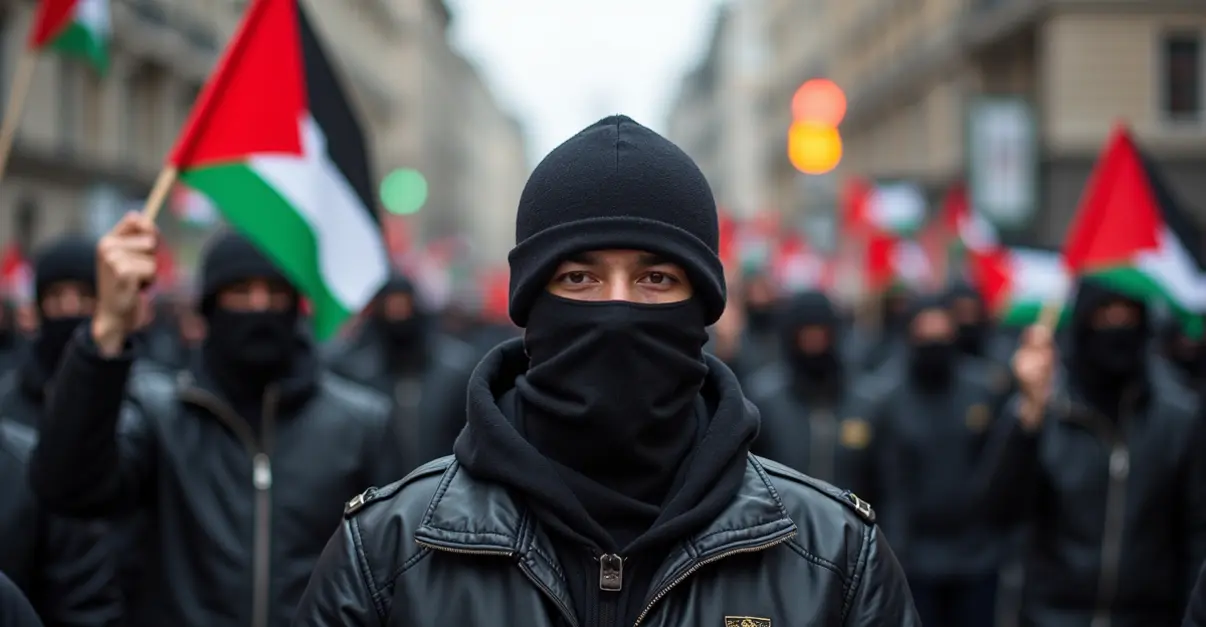
Belgium Reaches Historic Agreement on Palestinian State Recognition
In a dramatic overnight session, the Belgian federal and Flemish governments have reached a consensus on their Gaza policy, successfully averting two potential cabinet crises. The breakthrough came after weeks of intense negotiations and political brinkmanship within the coalition government.
Conditional Recognition Framework
The agreement includes Belgium's commitment to unofficially recognize the Palestinian state during the upcoming United Nations General Assembly session in New York later this month. However, this recognition comes with significant conditions. Foreign Minister Prévot clarified that formal recognition will only occur "when the last hostage is released and Hamas no longer exercises any form of governance over Palestine."
Political Divisions and Compromise
The Belgian government has been deeply divided over the timing of Palestinian recognition. The social democratic party Vooruit and Christian democratic parties CD&V and Les Engagés advocated for immediate recognition, while the center-right Flemish nationalists of N-VA and particularly the liberal-conservative MR insisted on Hamas disarming and the release of all Gaza hostages first.
Sanctions Package
Belgium announced a comprehensive sanctions package including:
- A national ban on imports of products produced, mined, or processed by settlers in Israeli-occupied territories
- Entry bans for extremist Israeli ministers Ben-Gvir and Smotrich
- Travel restrictions for Hamas political and military leaders
- Development of additional sanctions against violent settlers in the West Bank
Humanitarian Commitment
The agreement also includes increased funding for humanitarian aid to Gaza, reflecting King Filip's recent statement calling the situation in Gaza "a disgrace to humanity" and demanding an immediate end to the "unbearable crisis."
European Context
Belgium's unilateral actions come as EU foreign ministers continue to struggle with reaching consensus on measures against Israel. The country is taking these steps independently while pushing for broader European coordination.

 Nederlands
Nederlands English
English Français
Français Deutsch
Deutsch Español
Español Português
Português







